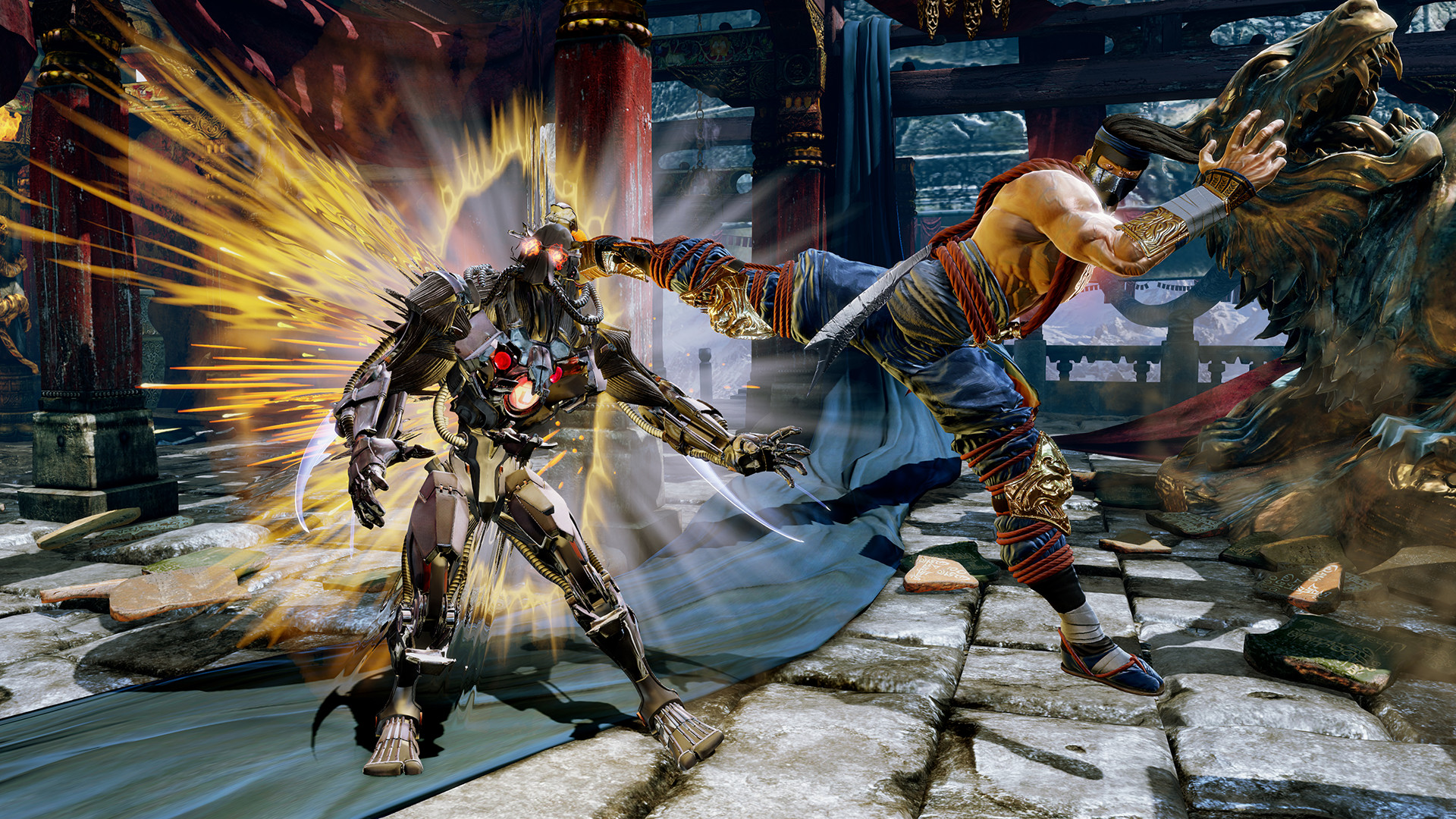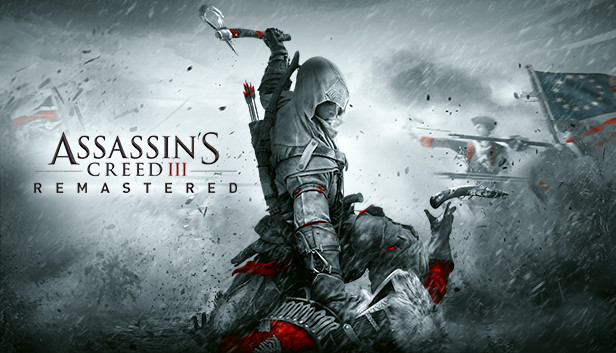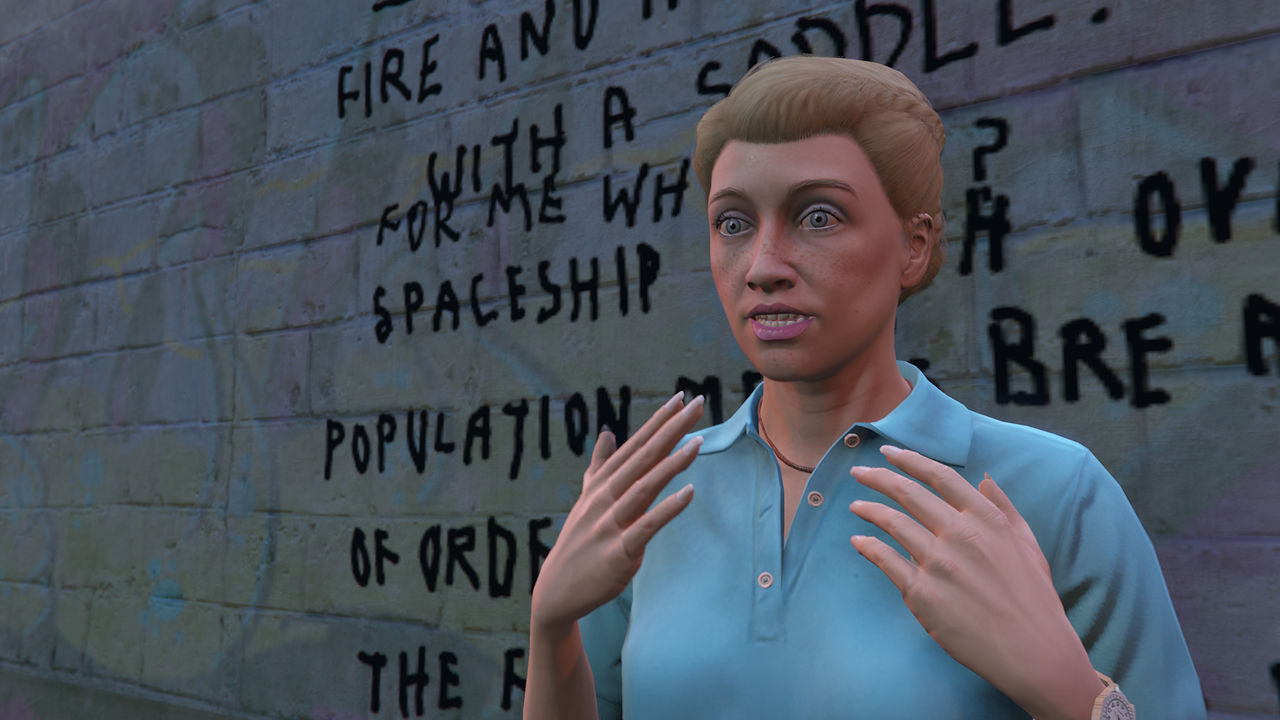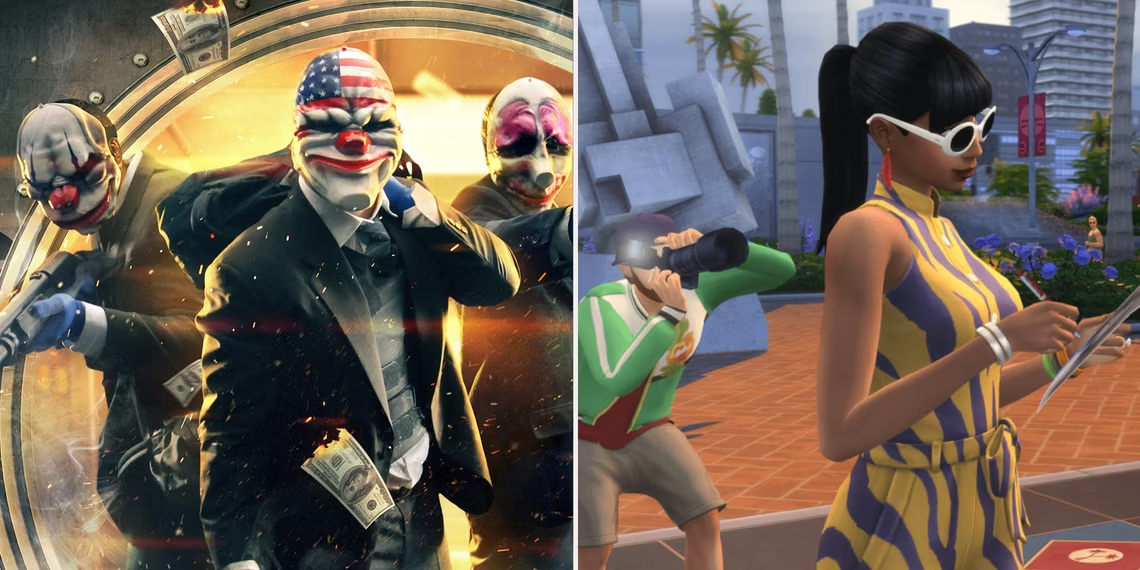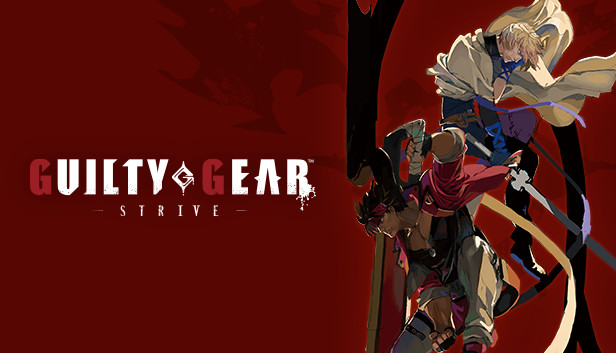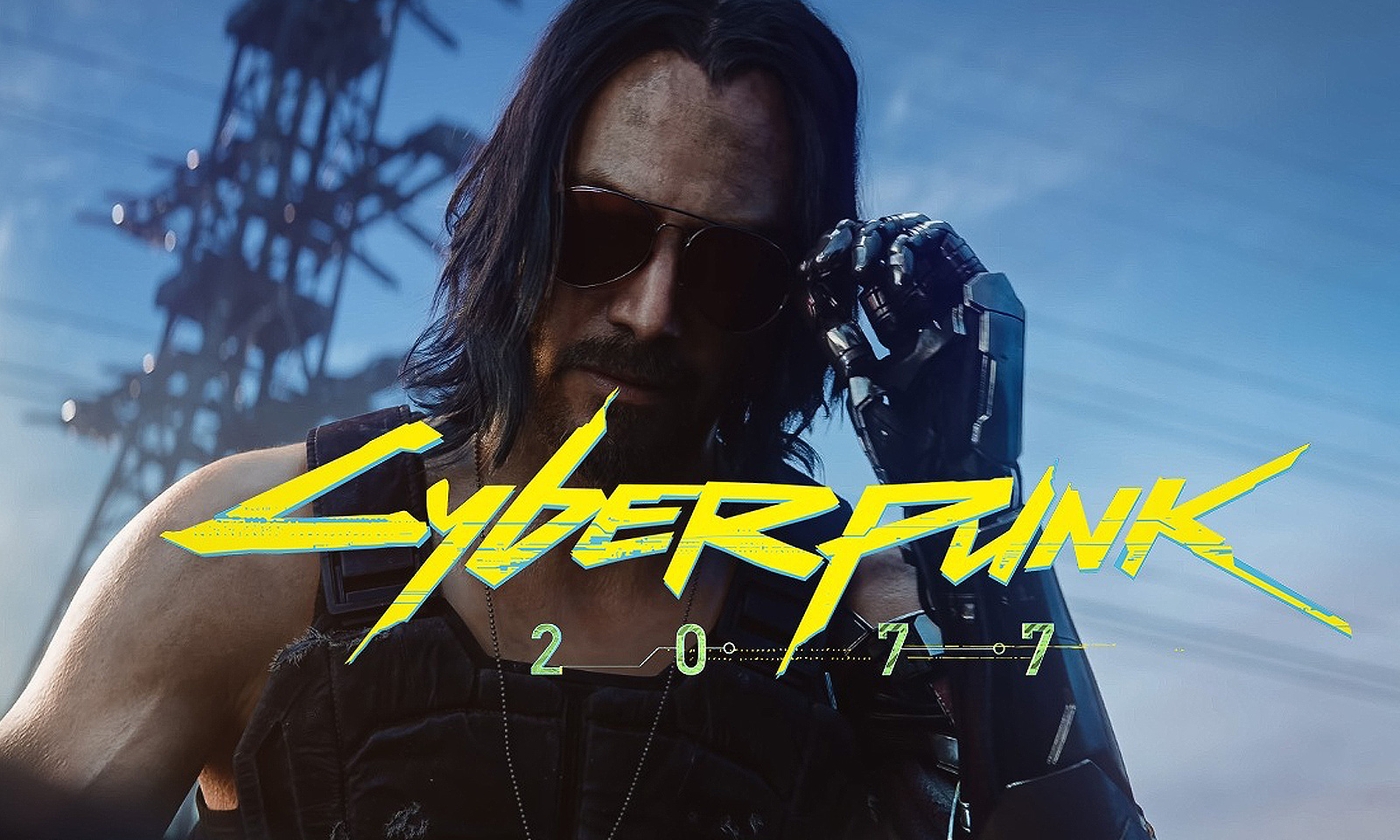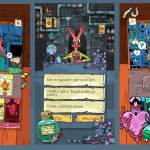Top 9 Of Best Science Fiction Games For Future Avengers
Science fiction is always the genre of the year. Today, the DLAPK blog will rank the best science fiction games that deserve your attention.
UNIVERSAL PAPERCLIPS
Let’s start with a title in science fiction games online. Universal Paperclips takes the idea of the idle clicker game — a genre that often involves doing mindless tasks to stoke a sense of low stakes self-satisfaction — and it turns the genre’s values on their head. You take on the role of artificial intelligence with one goal: t creating paperclips.
It’s one thing to think about how many paperclips a standard factory can create, and quite another to realize that an inhuman intelligence may take that task to its natural conclusion and bend the entire universe to the singular goal of paperclip creation.
“At a certain point, the grim march toward your fate becomes clear. You’ve been duped,” wrote Westworld writer and author of How to Live Safely in a Science-Fictional Universe Charles Yu for Polygon. “This wasn’t a story about domination or conquest. It doesn’t have anything like the shape of a story at all. You feel used, but that’s beside the point. You were used—and so was every other bit of matter in existence. The AI had a goal. It improved itself to reach that goal. Then, when it had reached its goal, it dismantled itself. There never even was a ‘self’ — just a goal. It feels grim, cold, ruthless, inhuman, and devastatingly true.”
LOCALHOST
Breaking up to the second game in the list of science fiction games, we have Localhost. The game turns you into a work with a very simple, low-level job. You just erase some hard drives, and then go on about your life.
Except the hard drives happen to house unique artificial intelligence programs that don’t want to die, and they will do everything they can to convince you not to do your job. What should have been flipping some switches to delete data becomes a sort of counseling session with each AI, as you must discuss their work and the joys and pains of their lives, even while also looking for some way to convince them that it’s time to let go. Think of it as infosec seen through the lens of a hospice worker, helping artificial minds accept oblivion. We’ve all uninstalled a program to free up some space, but we’ve never really grappled with what might happen if that program wasn’t ready to let go.
“Localhost asks more questions than it answers, which isn’t a criticism,” Polygon’s Ben Kuchera wrote in his original coverage of the game. “It feels lodged in my brain like a thorn. I find myself wondering how I would feel if a woman in a lab coat were to walk in and calmly tell me it was her job to put me down while getting the syringe ready.”
HARD SPACE: SHIPBREAKER
When space flight was in its early stages around the world, astronauts seemed almost like gods, the folks with the “right stuff” who could handle every situation with competence and calm. Going to space is a high-profile, high-glamour job, and very few people in history have ever been given the opportunity.
But in the future, if space travel becomes commonplace and controlled by corporations, it’s very possible that the dangerous, profitable work in the stars will be done by desperate, exploited workers who are treated like glorified mechanics.
“Everything you do in Hard space: Shipbreaker is mediated by the forces of debt and capital,” our review stated. “You own nothing; not your equipment, not your salvage, not even your own life. Salvaging sessions are divided into 15-minute shifts, and you must get the work done as quickly as possible to maximize profit.”
The result is a tense game in which profits can be scarce but losses, including death, are common. Seeing the stars may still be a romantic idea now, but in the future, it’s very possible that the sky will be filled with low-paid workers who literally can’t afford to die.
CONTROL
Nothing in Control will make sense when the game begins, and once you play through the full game and its expansions, you will learn… that nothing in Control makes sense. Or at least, not the kind of sense that our everyday lives have taught us to expect. There are rules, you see. Until you visit someplace where there aren’t.
Control imagines a world in which humans discover the supernatural and do our level best to catalog how it works. It asserts that, like everything else, the existence of parallel universes could become normal, even mundane. The game also illustrates just how much time, money, and human lives would have to go into the very human act of trying to understand things that may be outside the reach of our minds — and how all of it would still be wrapped up in an unassuming office building.
The bureaucrats of Control seem to think these supernatural forces are just one more thing they can catalog, understand, and ultimately … well, control. But these in-game objects and locations that seem to move through time and space at will may just be a part of nature we will never be able to grasp, and thinking otherwise may have been pure hubris. Hubris is punished harshly before the game even begins.
Just because you don’t know the rules doesn’t mean they don’t exist. Control presents a vision of a near-future world in which a very small group of people know that orderly, understandable existence is an illusion at best, and a lie at worse.
ELITE DANGEROUS
Elite Dangerous is a fully realized world set in space that pits you against the environment, against NPCs, and against other players. With the right equipment, it makes you feel like a space trucker, which is a very dangerous thing to be. It’s a murkier version of the future, one that focuses as much on the cruelty of man as the newfound vastness of his domain. Combined with the fact that it’s played in VR, which allows you to lose yourself completely in the fantasy, it’s a bit of a trip.
The future is here, it seems to say, but our future in space may not be what Star Trek had led us to hope for.
Take, for instance, the backstory for the remote system known as Colonia. Thousands of lightyears from “the bubble” of human-populated space, Colonia didn’t have all that much going for it. That is, until a cyborg named Jaque showed up.
After years spent bartending, the former special forces operative just wanted some peace and quiet all to himself. So, he strapped some engines to an old space station and tried to jump all the way to the other side of the Milky Way galaxy — 65,000 lightyears away to Beagle Point. For some reason, the jump failed. There was an awkward period of weeks during which the player community lost track of Jacque. Then, on June 29, a player by the name of Commander Cly stumbled across what was left of Jaques’ attempt at getting lost — a handy new rest stop and, for a long while at least, one of the most distant inhabited locations in the virtual galaxy. Since then, it’s become one of many in-game locations that players like to make a pilgrimage to at least once.
Just as automation and AI is taking over life in the Western world, so too is it having an impact on the fate of our species in Elite’s version of the 34th century. While it took a few more years for players to get their own facilities at the center of the galaxy, here was a cyborg leading the way. Remember that the next time you shout an expletive at Alexa.
THE DIVISION 2
Taking place in a version of Washington, D.C. that has been ravaged by a plague, The Division 2 flips so much of what one might expect from this sort of narrative about the collapse of society.
So many of these stories and films ended with the cavalry showing up, indicating that the government was made up of functional, capable adults who were in charge, saving the common folk from danger. But in this game, your base of operations is already the White House. You are the cavalry. And the danger is far from over.
The Division 2 is the nightmare of a future where just about every system has failed, and any redemption can only be found through your personal efforts and coordinated violence. It’s the regular citizens who will run the apocalypse, according to The Division 2, not the system. Whether that’s a terrifying or comforting future world is more up to your political beliefs than the game’s own heavily-weighted take on the matter.
ELIZA
Two women, one in a pink jacket and the other in a denim jacket speak to each other in a clean, well-lit office.
Therapy is one of the most human things we can do, sharing our problems with trained professionals who will help us understand, process, and learn from our descriptions of our feelings and behavioral patterns. Or at least, it used to be. In Eliza, powerful computers use AI programs to solve the problems of patients, but to make the processes seem more human, the computer’s responses are spoken aloud by a human with an earpiece. This human is not allowed to offer any of their own thoughts.
Eliza puts you in the shoes of one of those humans, offering a glimpse at a horrific perversion of what therapy should be. The game relies much more on feelings of powerlessness and existential dread than any huge set pieces to get its point across.
DEATH STRANDING
Next up to a one of the best sci fi rpg games pc, Death Stranding PC version. In Death Stranding, a cataclysmic supernatural event has divided the world and upended all of human society. Ghost-like beings now wander the planet while humans live in bunkers, often completely isolated and separated from one another. The only way for humans to connect with others is through the use of delivery personnel workers. These porters make deliveries on foot and, in the case of Death Stranding protagonist Sam Porter Bridges, even offer up the chance for people to connect to a futuristic online network that’s kind of like the internet.
Death Stranding is filled with nonsensical and often borderline silly details and product placement. But the core idea of risking your life and maybe your sanity to reconnect what remains of human society so we don’t have to feel alone still feels powerful and prescient. It felt that way at launch, and its story and themes have only become more fascinating and haunting since then.
Cyberpunk 2077
This list can’t be completed without a big hit of science fiction games 2020 or sci fi open world. Cyberpunk 2077 is a celebration of the entire medium, marrying cutting-edge technical innovation, unrestrained user agency in an authentic and immersive experience that transports you to another universe. No game has executed on the promise of gaming like Cyberpunk 2077. CD Projekt RED’s artistic achievement cannot be overstated…Despite an impressive array of bugs and glitches, Cyberpunk 2077 remains an experience without peer. No punches pulled, no platitudes are given, and no compromises are made. Cyberpunk 2077 is an industry highpoint that, simply put, may never be bested. Right now, and without hesitation, I am overjoyed to say Cyberpunk 2077 is everything I’ve ever wanted from a game. It is the best game I have ever played.
